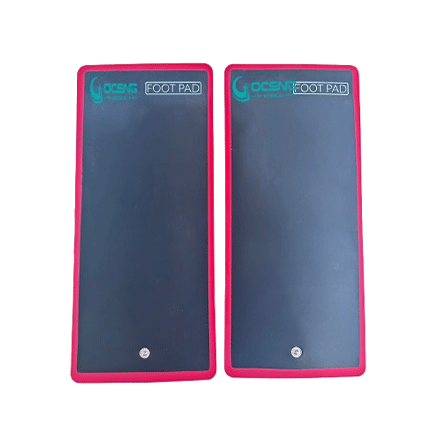
Goceng Medical proudly introduces its next-generation foot care innovation — the Silicon Foot Massager Pad. Designed with biomechanical acupressure technology and medical-grade silicone materials, this product offers a safe, convenient, and effective daily foot relaxation solution, meeting the modern demand for proactive health management.
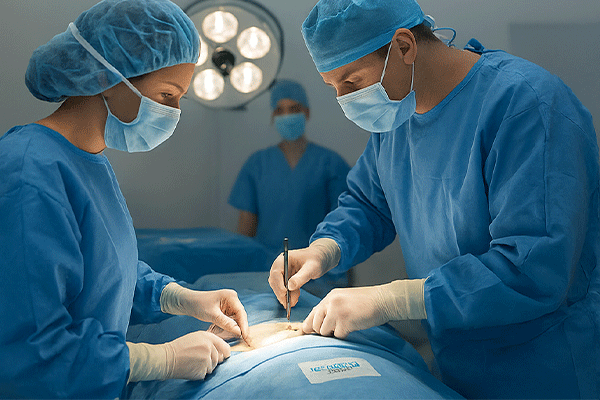
GP-001 to GP-012 Series Empower Safer Surgical Energy Management**
— Goceng Medical announced the official release of its upgraded GP-001 to GP-012 Neutral Electrode(grounding pads) Series, delivering a full-spectrum solution for modern operating rooms.
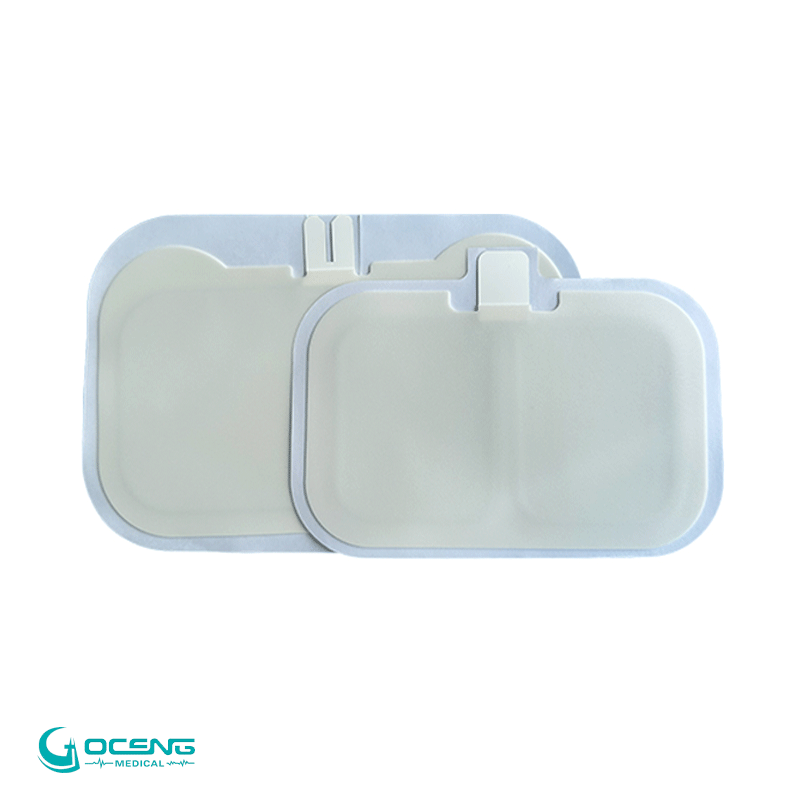
As a leading manufacturer committed to electrosurgical safety solutions, GOCENG MEDICAL deeply understands the critical importance of patient safety in the operating room. Our meticulously engineered horizontal, large-sized dispersive electrodes are not just accessories; they are the embodiment of our promise to protect every patient.
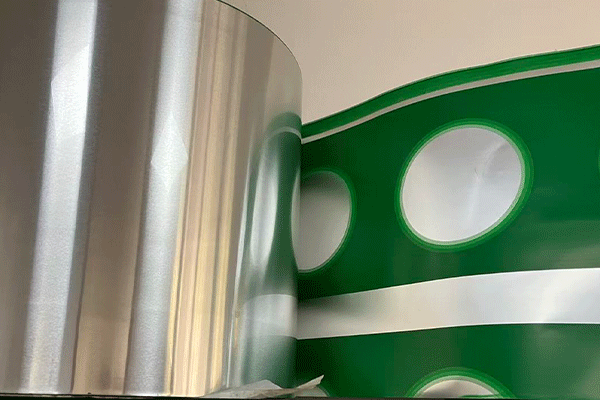
GOCENG MEDICAL has started OEM production of a new 100×100 mm surgical neutral electrode pad. The product uses medical-grade conductive aluminum foil and introduces a special-material color print on the foil for improved identification and traceability.
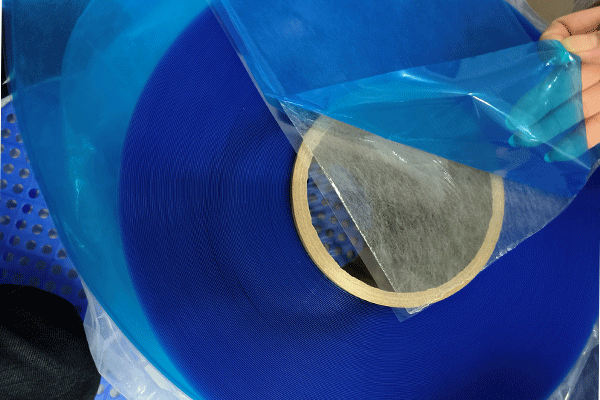
Hydrogel is the based material of Rehabilitation physiotherapy electrodes, which is also known as medical electrode pads, TENS electrode pads, or physiotherapy pads are key consumables that connect medium and low-frequency physiotherapy equipment to human skin and are used to conduct electrical pulses. Its market is closely linked to the development of rehabilitation medicine, home health care and pain management.
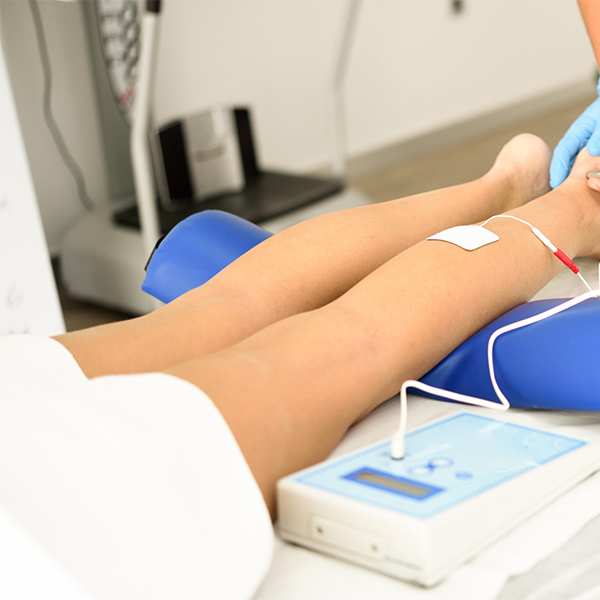
Rehabilitation electrode pads, as the "bridge" connecting rehabilitation equipment and the patient's body, their quality and usage methods directly and significantly affect the treatment outcome. Many people only focus on expensive rehabilitation equipment but overlook the small electrode pads, which may lead to "twice the effort for half the result" and even bring risks.
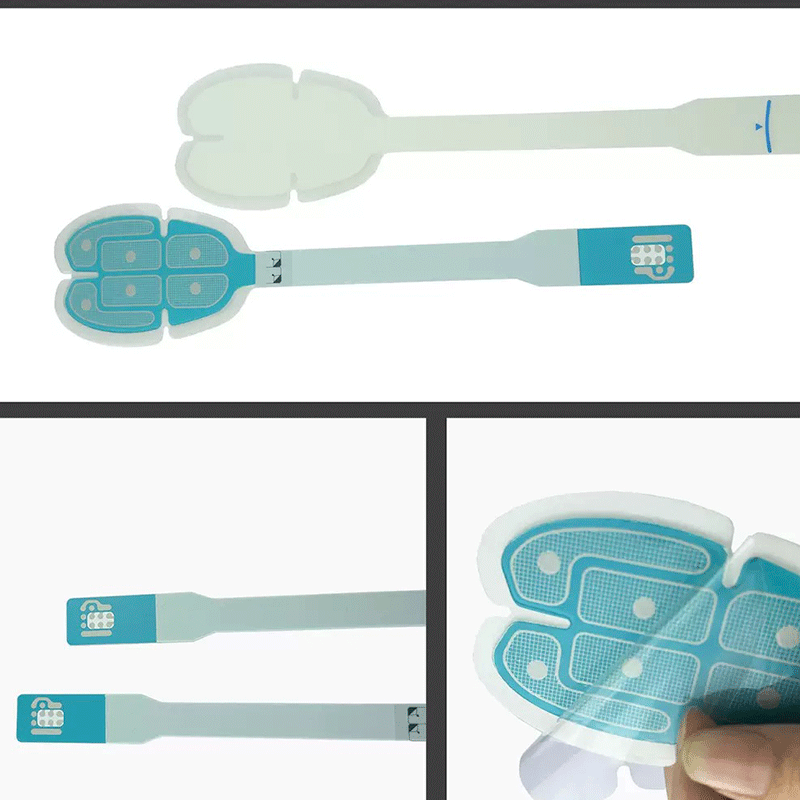
With the continuous development of global rehabilitation medicine and physical therapy, physical therapy methods are becoming increasingly diversified: From traditional electrical stimulation (EMS, TENS) to the recently emerging microcurrent therapy (MCR), interferential electrotherapy (IFC), high-voltage pulsed electrotherapy (HVPC), and combined rehabilitation equipment, physiotherapists and medical institutions are facing increasingly complex decisions when choosing physiotherapy consumables. Especially the therapeutic patch (electrode pad), as a key medium for electrical stimulation conduction and comfort, its performance directly affects the treatment effect and patient experience.
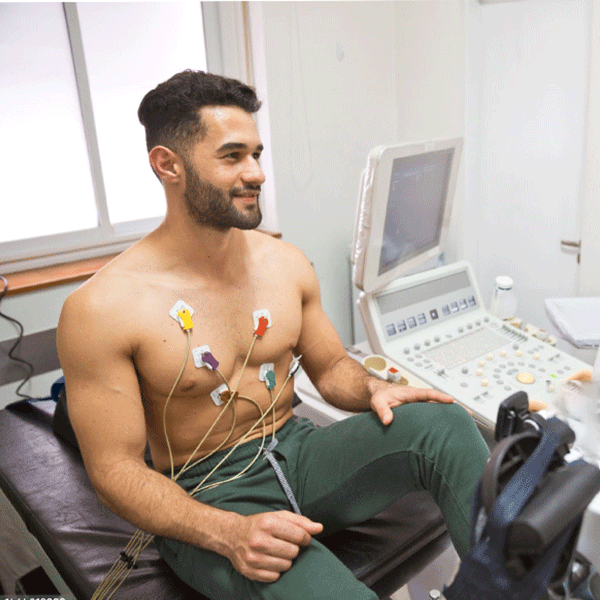
A clear and accurate electrocardiogram begins with a seemingly minor but crucial choice - an electrode pad. It is like a "bridge" connecting you to precision instruments. The quality of the bridge directly determines the fidelity of signal transmission. Selecting the right electrode pad is the first step to obtaining reliable diagnostic data.
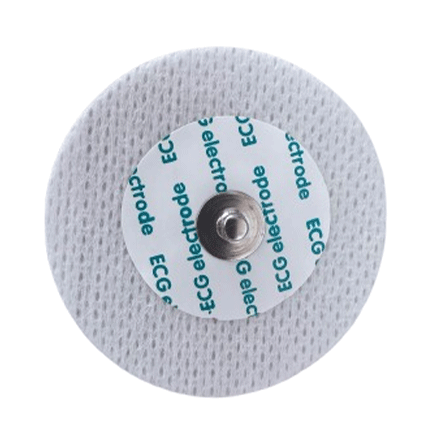
Every electrical signal beat of the heart is the most genuine and indispensable "code" concerning health. And the responsibility of capturing this fleeting millivolt-level signal falls on a seemingly insignificant yet technologically profound component - the ECG electrode pad .